Banned books are those that have been challenged (by an individual or group) and removed from schools and/or libraries in order to ‘protect children’. Sometimes, books have been banned out of genuine concern for students, other times groups have used the label of ‘concern’ to block students’ exposure to diverse voices or unorthodox ideas. Regardless of the reasons, censorship is dangerous. All art, even problematic art, is an expression of the world that we can and should learn from.
This month for Writers Read, we welcome our guest reviewer, Corrie Legge! Join us as we explore some banned books to identify and dissect the reasons why they were censored. (NOTE: For a list of banned books, check out the ALA!)
Guest Note: Corrie Legge
 Corrie Legge has been a self proclaimed avid reader since she was a child, when “rebellion” meant reading by flashlight under the covers after bedtime. Now, as a professional audiobook narrator and actress, she gets to help bring stories and characters to life for a living. In the audiobook world, her youthful voice makes her perfect for YA, middle grade, and children’s book narration. You can learn more about Corrie on her website.
Corrie Legge has been a self proclaimed avid reader since she was a child, when “rebellion” meant reading by flashlight under the covers after bedtime. Now, as a professional audiobook narrator and actress, she gets to help bring stories and characters to life for a living. In the audiobook world, her youthful voice makes her perfect for YA, middle grade, and children’s book narration. You can learn more about Corrie on her website.
As a woman currently reading The Testaments, Margaret Atwood’s sequel to her dystopian society novel The Handmaid’s Tale, I can’t help but be reminded of the power of books, and the potentially catastrophic consequences when certain stories, and people, are silenced. If you haven’t read The Handmaid’s Tale (or watched the series), you should. But, for the purposes of this post, all you need to know is that women are no longer allowed to read. Caught reading, and you lose a finger… or worse.
However, banning books is not merely an act of fiction. Throughout history, books have been banned or censored for any number of reasons: “gratuitous” violence, “inappropriate” sex, witchcraft (I mean come on, can you imagine a world without Harry Potter?!).
Books that are banned often challenge norms. They’re progressive, and fight against the status quo. In reading them, perhaps you’ll find a story that finally makes you feel less alone; a story that gives voice to an experience you’ve never had the words to express.
Or, perhaps banned books expose you to something completely new. They may challenge your belief systems, and expand your understanding of others. Read a banned book, and your capacity for empathy may very well grow.
For this month’s book club theme, Banned Books, I’m reading Beloved by Toni Morrison. Institutions and individuals have tried to ban Beloved so many times that it has appeared on the American Library Association’s list of the “Top Ten Most Challenged Books” multiple times. While many of the challenges cite “racism” and “violence” as reasons for banning the book, I would venture to say that the existence of these themes are exactly why Beloved should be read. Slavery was real. Racism is real. To ban stories about these topics because they’re too dark or too violent is to deny history. And we all know what happens when we ignore the past…So, while I’m sure Morrison’s tale will be heartbreaking, I can’t wait to dive in.
April #WritersRead Book Club Chat:
Thursday, April 30th @ 7pm EST
Join us on Twitter!
Reading Prompts for Book Club!
- Why was the book you read ‘banned’? What do you think of the reasons?
- Did the book you chose challenge or change your worldview? If so, how?
- What was the point or message of the book you read?
- What was your favorite part of the book you read?
- What’s your biggest takeaway from this month’s read?
CORRIE’s PICK:
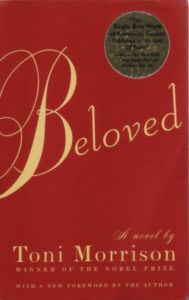
RACHEL’s PICK:
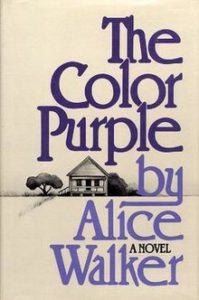
EMILY’s PICK:
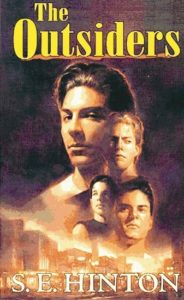


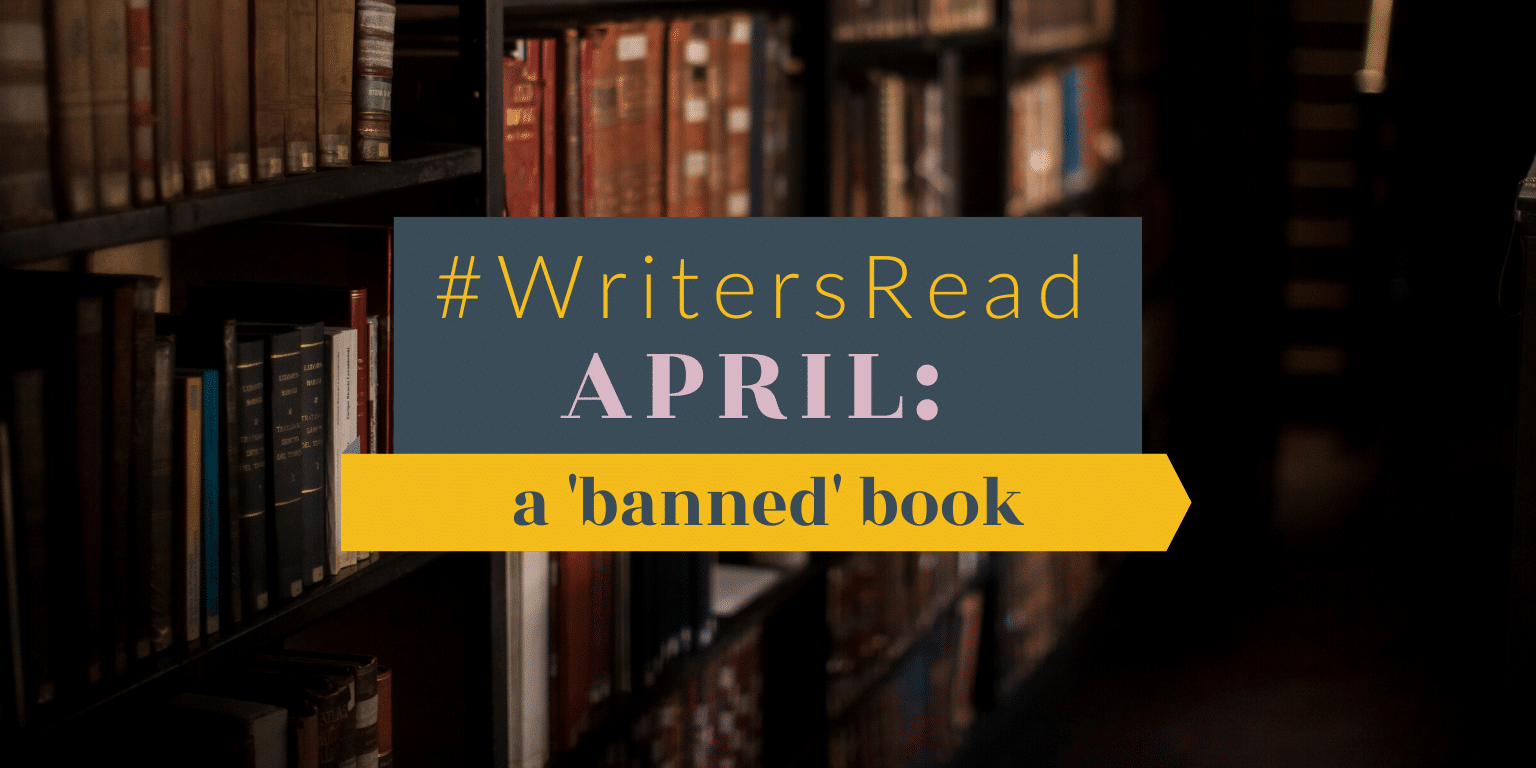

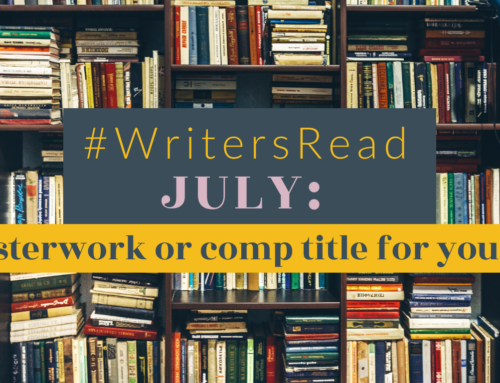
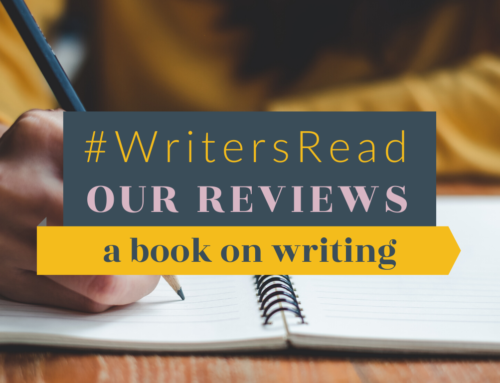

Leave A Comment